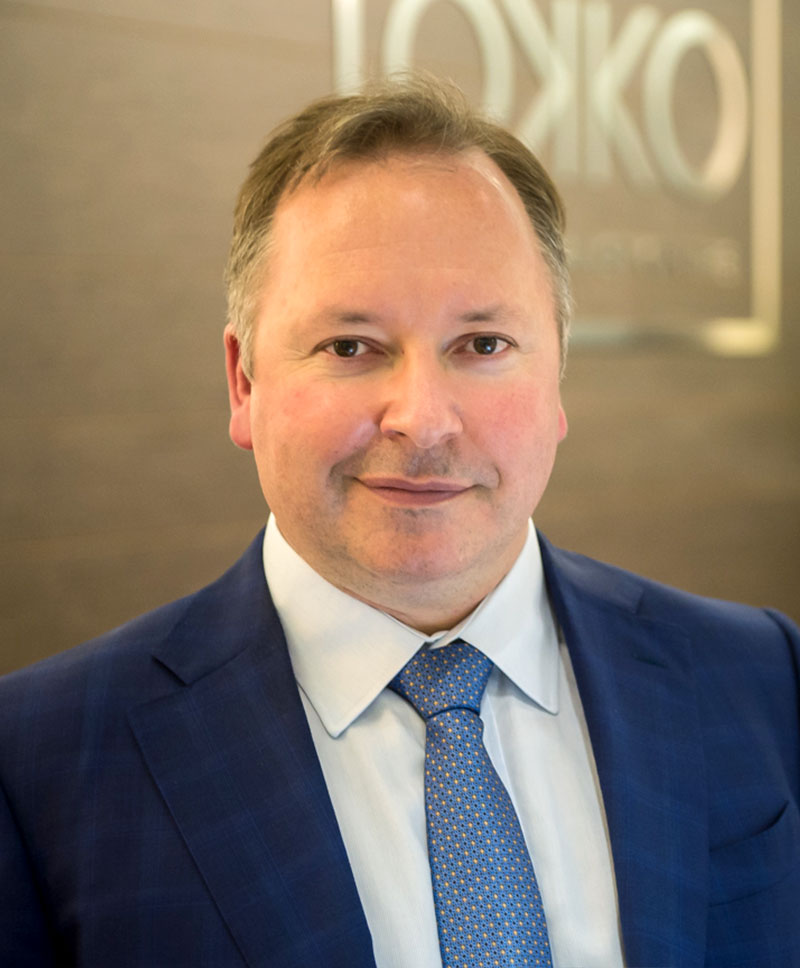
Can you have lens replacement with dry eyes?
Dry eyes are more than just a nuisance—they can affect your vision and quality of life. But if you’re considering lens replacement surgery, you might wonder whether having dry eyes disqualifies you. The good news is that lens replacement is often still an option, even if you have dry eyes. Here’s everything you need to know.
What are dry eyes?
Dry eye syndrome occurs when your eyes don’t produce enough tears or the tears evaporate too quickly1https://www.allaboutvision.com/conditions/dryeye.htm. This can result in:
- A gritty or sandy sensation
- Redness and irritation
- Blurred vision
- Sensitivity to light.
Dry eyes can be caused by various factors, including ageing, medications, environmental conditions, and underlying health conditions like blepharitis or autoimmune diseases.
Can you have lens replacement surgery with dry eyes?
Yes, but with some important considerations. The health of your ocular surface is crucial for successful outcomes in lens replacement or cataract surgery. If you have untreated or severe dry eyes, your surgeon may recommend treating the condition first to ensure a smooth recovery.
Preparing for surgery with dry eyes
If you have dry eyes, your surgeon may suggest a preoperative treatment plan to improve the ocular surface. This could include:
- Artificial tears: Preservative-free drops to hydrate your eyes
- Prescription eye drops: To reduce inflammation and promote tear production
- Punctal plugs: Small devices inserted into tear ducts to retain moisture.
These steps aim to reduce symptoms and improve your eyes’ ability to heal after surgery2https://www.aao.org/eye-health/tips-prevention/dry-eye-cataract-surgery-ocular-surface-disease.
Lens replacement and cataract surgery for vision correction
Lens replacement surgery is a highly effective solution for individuals with cataracts or refractive errors3https://www.allaboutvision.com/visionsurgery/refractive-lens-exchange.htm. The procedure involves replacing the eye’s natural lens with an artificial intraocular lens (IOL). These lenses can correct nearsightedness, farsightedness, and presbyopia.
Risks and considerations for patients with dry eyes
While lens replacement surgery is safe, patients with dry eyes may experience:
- Prolonged recovery: Healing can take longer if the ocular surface isn’t healthy
- Increased dryness: Temporary worsening of symptoms after surgery.
However, these issues can often be managed with proper postoperative care.
Managing dry eyes after surgery
Dry eyes are a common side effect of lens replacement, but they typically improve within weeks to months. Here are some tips for managing symptoms:
- Use artificial tears regularly
- Follow your surgeon’s care plan
- Avoid smoky or dry environments.
Dry eyes don’t have to prevent you from enjoying clear vision through lens replacement surgery. With proper care and preparation, many patients achieve excellent results. Curious to know if you’re a candidate? Take our self-test to start your journey toward better vision today
ARE YOU SUITABLE?
Check your laser eye surgery suitability online with our free LASIK self-test
OUR MOST POPULAR PROCEDURES

Hi, I’m Dr. Matthew Russell, a laser and cataract surgeon
HI I’M DR. MATTHEW RUSSELL A LASER EYE AND CATARACT SURGEON
With over 15 years of experience, I enjoy the privilege of helping patients of all ages reclaim clear vision or preserve it for as long as possible.
Vision correction and high-precision cataract surgery hinge on the expertise and skill set of the provider who also has access to the most precise tools for the job. Ophthalmic surgeons like me know how to make treatment safe, comfortable and positive for the patient. They know how to minimise the risk of complications and maximise successful outcomes.
I have a passion for helping my patients enjoy the clear, high-definition vision they need to live rich and active lives. Now, I have hand-picked a team of professionals that share my passion and commitment to exceptional care.
Dr. Matthew Russell
MBChB, FRANZCO





